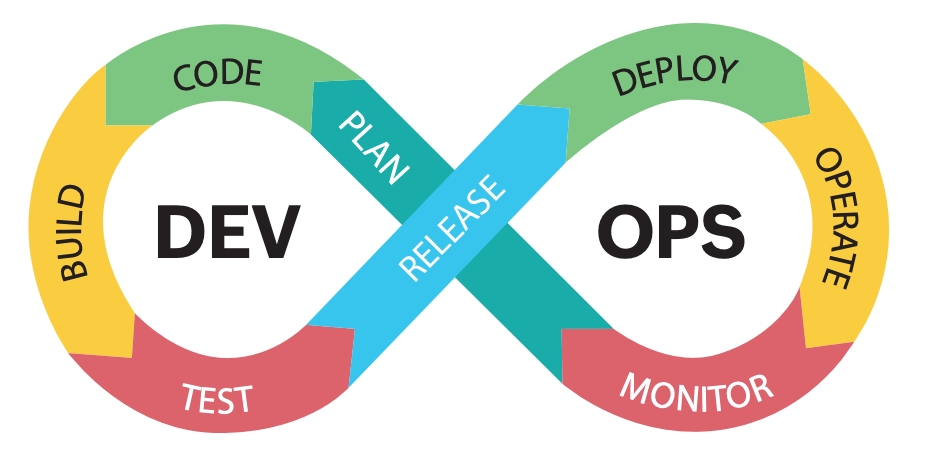Understanding Release Management in DevOps: Tools and Techniques for Success
DevOps, the comprehensive approach to software development, emphasizes collaboration and continuous delivery. Release managers play a crucial role in overseeing the change management process, guiding software projects through various development stages, and ensuring smooth transitions between environments.
Release Management is the key to moving software seamlessly from staging to production, emphasizing iterative and regular releases. The responsibilities of a Release Manager extend beyond version control; they involve coordinating the entire DevOps team's reactions to the evolving software landscape.
Navigating the Release Management Process
Are you struggling to keep track of software releases, patches, or hotfixes? Release management is the solution. It ensures the orderly progression of software projects, providing clarity on which version is being developed, deployed, and where. To establish a consistent delivery pipeline, it's crucial to incorporate release management DevOps tools into your workflow.
Certification and Learning Opportunities
For those looking to enhance their DevOps skills, platforms like Aleph Technologies offer certification programs. These programs provide insights into the intricacies of release management, helping individuals stay updated with industry best practices.
Benefits of Release Management
- Fast and Consistent Delivery: Release management ensures the swift and consistent delivery of software to end-users.
- Traceable Changes: Change control tools like Atlassian Jira and IBM Rational ClearQuest help track changes throughout the development process.
- Confidence in Automation: Automated processes instill confidence in release activities, minimizing errors and ensuring reliability.
- Stress-Free Releases: Release management techniques alleviate the stress associated with software releases, fostering a smoother workflow.
- Minimal Downtime: Efficient release management results in minimal downtime, enhancing the overall user experience.
Tools for Effective Release Management
Several tools facilitate effective release management in the DevOps pipeline. Here are some notable ones:
#1 XL Release:
End-to-end automation for managing and reducing bottlenecks.
Integrates with various plugins, enhancing the Integrated Development Environment (IDE).
Offers fully automated delivery pipelines with efficient error identification through reporting features.
#2 Tasktop Integration Hub:
Connects over 45 tools seamlessly.
Enables quick integration of new tools into existing software IDE.
Provides valuable information to the right individuals at the right time.
#3 Clarive:
Automates and expedites the release management process.
Coordinates automation with stakeholders, ensuring thorough tracking of release delivery.
Simplifies collaboration and automation through visual editors and code rules.
Embracing DevOps Philosophy
- DevOps is not just about collaboration; it's a philosophy that promotes faster code deployment and responsiveness to market needs. Integrating release management tools into DevOps pipelines ensures auditability, security, and effective tracking of changes and releases.
- Real-time logging and examination within the pipeline allow for automatic recording and auditing of each step. Shorter release cycles simplify progress tracking and change management, making Release Management in DevOps an essential practice for successful software delivery.
- DevOps, the comprehensive approach to software development, emphasizes collaboration and continuous delivery. Release managers play a crucial role in overseeing the change management process, guiding software projects through various development stages, and ensuring smooth transitions between environments.
- Release Management is the key to moving software seamlessly from staging to production, emphasizing iterative and regular releases. The responsibilities of a Release Manager extend beyond version control; they involve coordinating the entire DevOps team's reactions to the evolving software landscape.
Related posts
-

Conway's Law in Agile
Mar 22, 2024 -

Upskilling and Cross-skilling
Mar 22, 2024 -

Balancing Agility With Structure and Governance
Mar 22, 2024 -

Empower Your Team: A Guide to Becoming Lean-Agile Change Agents with SAFe®
Feb 22, 2024

Please login to check comments